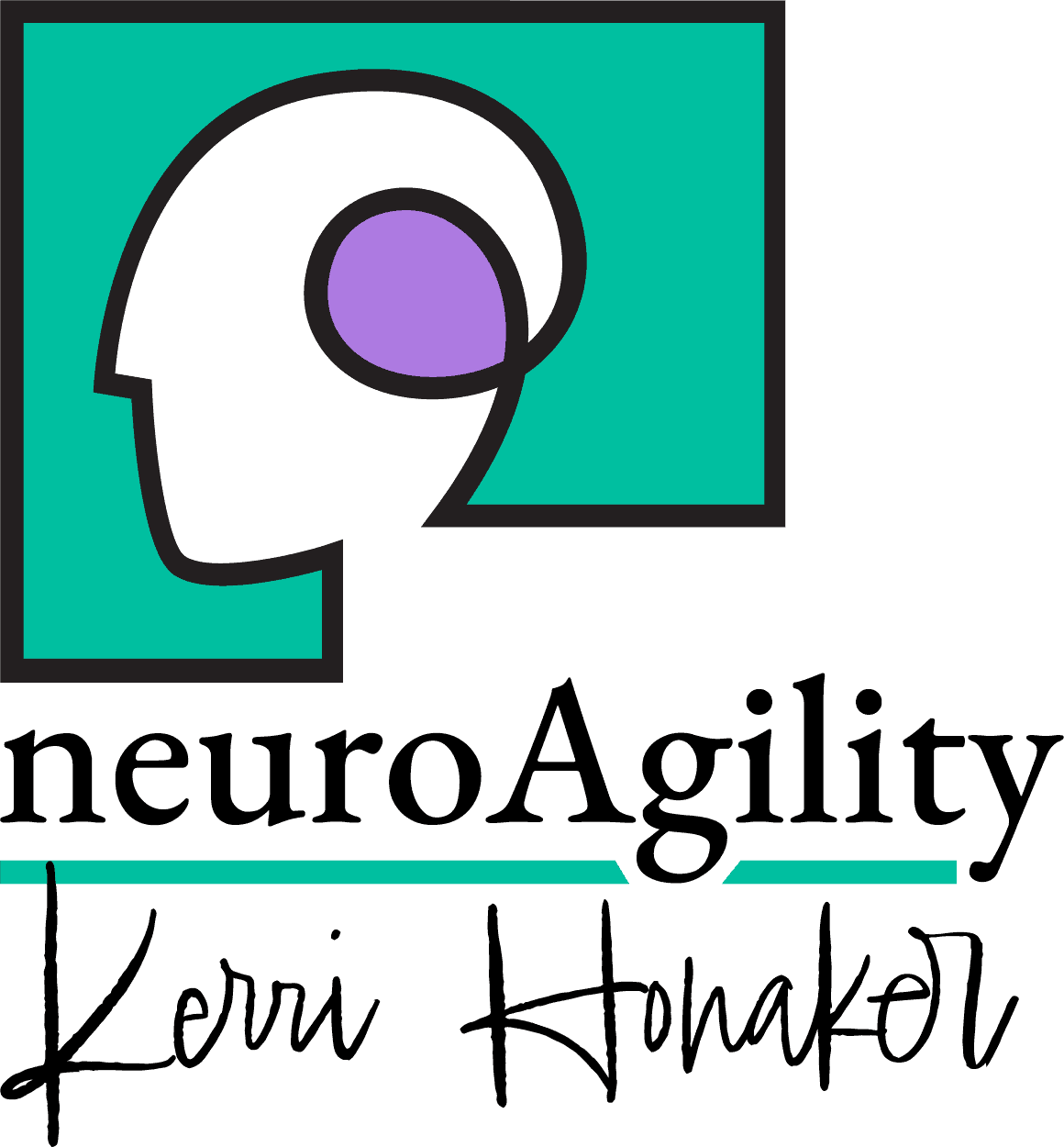Uncategorized
-
New Hope for Migraine Sufferers
·
If you live with or work with someone who suffers from migraine, there’s something very important you should know: A migraine is not “just a headache,” as many seem to think. Nor is it something most sufferers can simply ignore. And if you are a migraine sufferer, there’s something potentially life-changing that you should know: There are…
-
Can We Choose to Fall Out of Love?
The singer and rapper Dessa had been writing songs about heartbreak for years, as she waded through a volatile relationship and a protracted breakup. One night, inspired by a TED talk, she decided to see if studying her brain could help her fall out of love. Watch full TED talk by DESSA, Can We Choose…
-
The 6-Step Process To Train Your Brain To Focus
·
There’s a growing body of research about how counterproductive multitasking can be. While we may feel like we’re getting more done, the reality is that regular multitasking can leave us with a diminishing ability to focus. That’s good to know. But if you’re a chronic multitasker who finds it hard to focus, is there any hope…
-
Time passes faster for meditators, leaves them unable to accurately judge time
·
A recent study asked people to estimate short and long intervals of time after completing a mindfulness meditation exercise. The results showed that all the participants reported that time seemed to pass more quickly than it did in reality. Neuroscience research shows that meditation can help reduce anxiety and increase happiness. Read full article: Bigthink.com,…
-
Screen time linked to lower brain development in preschoolers
·
Screen time use by infants, toddlers and preschoolers has exploded over the last decade, concerning experts about the impact of television, tablets and smartphones on these critical years of rapid brain development. Read full article: Fox2now.com, “Screen time linked to lower brain development in preschoolers”
-
The Importance of Doing Nothing: Art of Relaxation
·
A visit to Italy will soon have you embracing the concept of dolce far niente or “sweetness of doing nothing.” It does not mean being lazy; instead, it’s the idea of finding pleasure in idleness or relaxation. It is the ability to savor an experience, relishing the feeling of wholeness as it fills what is empty. This…
-
LEARN LIKE AN ATHLETE
·
Similar to how LeBron structures his training to win NBA championships, knowledge workers should train to build skills, complete projects, and increase their productive power. Armed with an effective system, we’ll learn faster and have more fun doing it. Read full article, David Perell, “Learn Like An Athlete.”
-
This Is Your Brain on Silence
·
As it turned out, even though all the sounds had short-term neurological effects, not one of them had a lasting impact. Yet to her great surprise, Kirste found that two hours of silence per day prompted cell development in the hippocampus, the brain region related to the formation of memory, involving the senses. This was…
-
Do Not Disturb: How I Ditched My Phone and Unbroke My Brain
·
The point isn’t to get you off the internet, or even off social media — you’re still allowed to use Facebook, Twitter and other social platforms on a desktop or laptop, and there’s no hard-and-fast time limit. It’s simply about unhooking your brain from the harmful routines it has adopted around this particular device, and…
-
Let Children Get Bored Again
·
Boredom teaches us that life isn’t a parade of amusements. More important, it spawns creativity and self-sufficiency. Read full article: The New York Times, “Let Children Get Bored Again”
